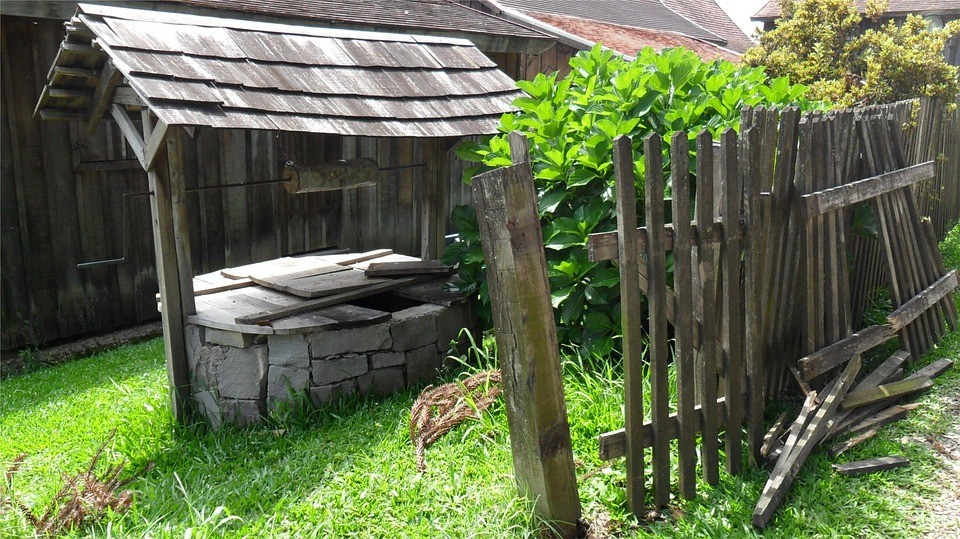TDH Safe Water Resources

Approximately 10% of Tennessee households have a private water supply. Private water sources may include wells, springs, rainwater, lakes or other surface water.
The regulatory definition of ‘private water supply’ is based on the number of people served over time and the number of connections or households connected to a single water source. A private water system may serve from 1 to 14 households or service connections and up to 25 people less than 60 days per year. If a water source has 15 or more service connections or routinely serves 25 or more people 60 or more days per year, it should be registered as a public water system with the TDEC Division of Water Resources.
In Tennessee, there are no regulations regarding private drinking water quality. However, water well construction standards are regulated by TDEC Division of Water Resources. Individuals using a private water supply are encouraged to test their drinking water annually for pathogens and at least every other year for chemical contaminants, especially if the nearby land use includes current or former industrial activities.
Water treatment systems may be installed to improve drinking water quality in private water supplies. When adding water treatment for a private water system, we recommend contracting a licensed water treatment installer.
In effort to learn more about private drinking water systems, the Tennessee Department of Health with funding from the CDC National Centers for Environmental Health Capacity Program, and Safe Water Program.
More information about private water supplies may be found on the Tennessee Department of Health and the Tennessee Department of Environment and Conservation’s Water Supply Program websites.
Resources for Safe Water
Private well information after a flood:
- Guidance for private well owners impacted by floods: Well Flood Guidance
- Protegiendo su Pozo Luego de una Inundación: Información
- Well Test Kit Instructions
- Instrucciones de Análisis de Agua de Pozo
CDC Healthy Water: Private Wells
CDC Safe Water Resources for Environmental Health
Ohio State University Extension, Ohio Watershed Network’s Well Water Interpretation Tool